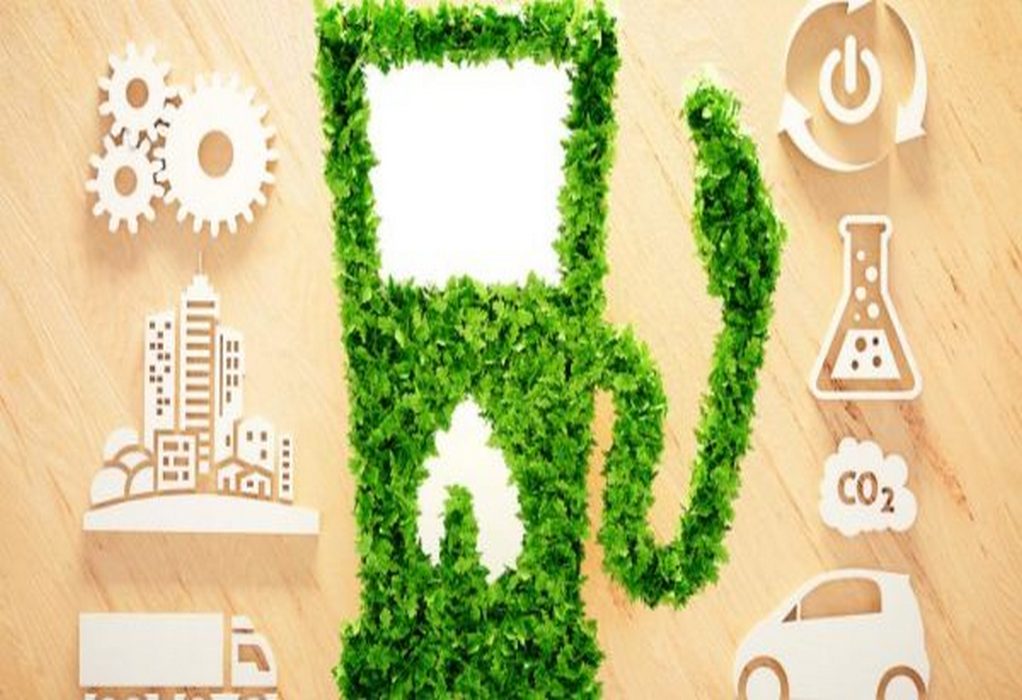Denmark-based NKT has certified its cable-laying vessel (CLV) NKT Victoria to use biofuels such as hydrotreated vegetable oil (HVO) as part of its decarbonization goals.
NKT reported that the certification allows the reduction of carbon footprint from the vessel’s fuel consumption by more than 98%.
According to the Danish company, this HVO certification is an important step towards achieving the SBTi-approved target of reducing scope 1 and 2 by 90% in 2030 compared to 2019.
NKT Victoria was inaugurated in 2017. With the move to biofuel, NKT believes that the CLV strengthens its position as one of the most energy-efficient cable-laying vessels in the industry.
In mid-August, NKT reported it had set a record for its high-voltage order backlog in the second quarter of 2023, standing at €7.6 billion, an increase from €7 billion that was reported at the end of Q1 2023.
The success came shortly after the Danish company announced its plans to boost its high-voltage power cable business with a €1 billion investment in a new factory in Sweden and a power cable vessel.
Tags: Biofuel, Cable Laying Vessel, NKT



Recent Posts
New Report Highlights Potential of Voluntary Insetting to Support Maritime Decarbonisation, Calls for Robust Safeguards
Smart Ship Hub achieves industry first with ABS emission reporting
Henkel Rolls Out India’s First Mid-Haul Re-Powered Electric Trucks for Commercial Logistics
Sustainability in Focus at 11th SIAM Automotive Logistics Conclave in New Delhi
L&T Energy GreenTech to Establish India’s Largest Green Hydrogen Plant
JK Srivastava Group and Hynfra Announce $4 Billion Green Ammonia Project in Andhra Pradesh
Andhra Pradesh Unveils Ambitious Green Hydrogen Valley Plan to Lead India’s Energy Transition
South Africa advances plans to decarbonize shipping sector